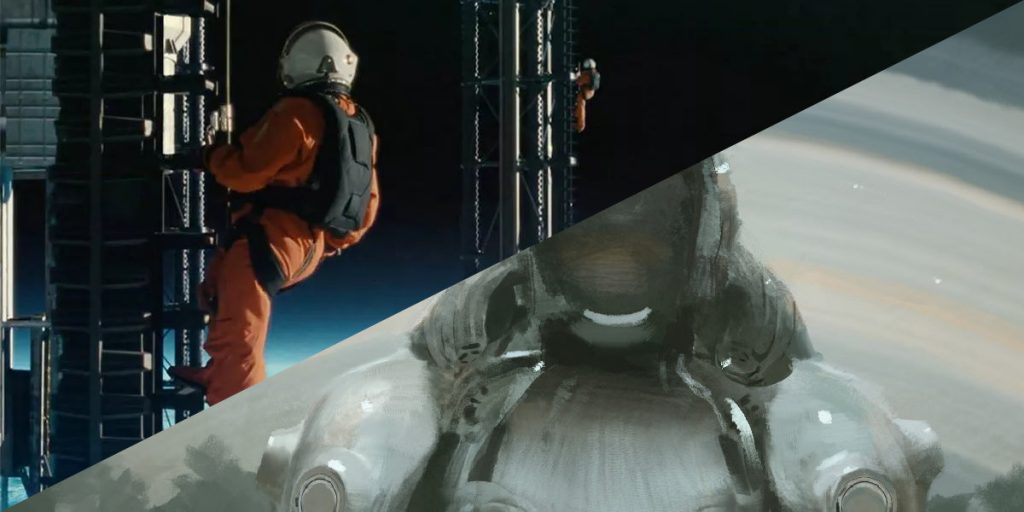All Systems Astra

All Systems Red
All Systems Red by Martha Wells is a story about a rogue AI that calls itself Murderbot, due to an unfortunate incident in its past. It poses as a humanoid sentrybot, hired out to groups by the Company it belongs to as security protection. It carefully keeps the fact that it no longer has to obey orders given to it from those around it, so that it can spend time watching the soap operas it enjoys.
When things start going wrong for those it has been instructed to protect, it finds itself starting to care about keeping them alive.
Written from the perspective of Murderbot itself, Martha Wells actually does a good job of portraying the somewhat inhuman intelligence of an AI. Probably better than most things I’ve read actually.
It’s emotional detachment is amusing, as are it’s quirks of what it does to pass the time. The story is simple, but interesting. No complicated twists, or heavy character driven arcs, just a fun story about a simple Murderbot trying to keep its charges alive. Highly recommended.
Ad Astra
Ad Astra is a SciFi film about which I’ve heard some mixed reviews, and it’s definitely not your usual ScFi film. It’s more an exploration of the thoughts of a single person looking for his father, and the ScFi aspect of it is really just a backdrop which could probably be replaced by anything.
However, despite it not having much SciFi to it (and much of what there is really shouldn’t be thought about too closely), and despite it being slow and not much happening, it is utterly gorgeous. I’ve heard the phrase Every Frame A Painting, and I think this definitely applies to the film.
Every shot seems to have been meticulously planned and framed, with colours always just right. Even simple shots of putting on a helmet, or walking down a corridor which would have simply been filmed to show the action in most films, were a piece of art.
The science though… the less said about it the better. I really liked the huge tower at the beginning (which I assumed was meant to be a space elevator, but apparently wasn’t), and the scene that followed it, but much of it really didn’t make sense, and some was actually confusing.
They went beyond the Heliopause… but where actually at Neptune. Did they fail to get there, or were the writers confused as to where the Heliopause is? It definitely confused me for a while trying to figure out what was going on. That wasn’t the only science oddity, but the others were more obviously bad science.
But don’t think too hard and enjoy the visuals. If you’re able to do that, then it’s a good film.